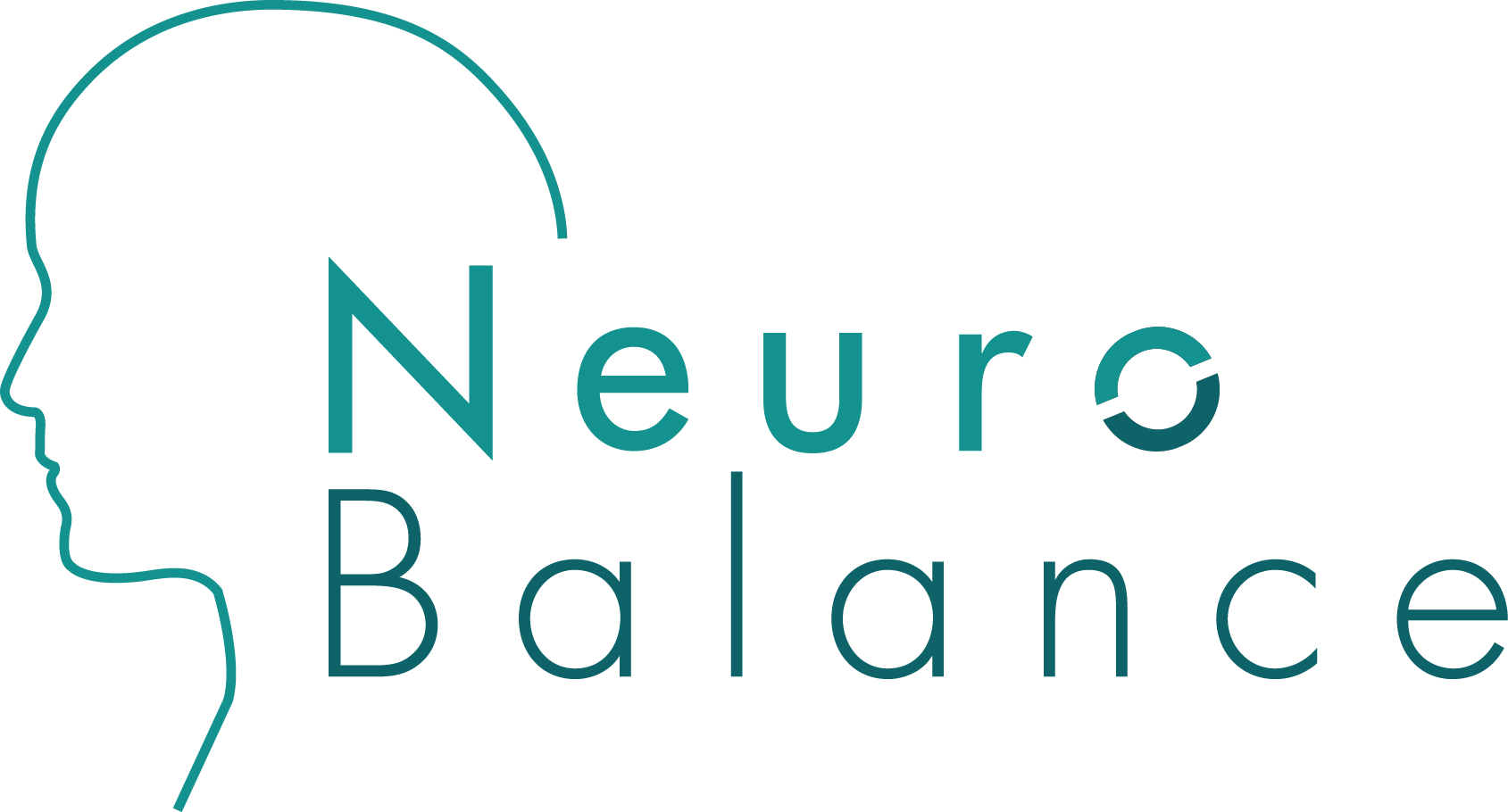Unveiling a Key to Early-Onset Dementia: The TAF15 Protein
The Breakthrough Discovery
Researchers have made a significant breakthrough in understanding early-onset dementia by identifying the protein TAF15 as a critical factor in some cases of frontotemporal dementia. This discovery was made using advanced cryo-electron microscopy to reveal TAF15 aggregates in brain samples. Previously, about 10% of frontotemporal dementia cases had an unidentified causative protein.
Understanding Frontotemporal Dementia
Frontotemporal dementia, characterized by the degeneration of the brain's frontal and temporal lobes, typically affects individuals aged 45 to 65. It influences emotions, personality, behavior, speech, and understanding. This form of dementia usually begins earlier than Alzheimer's and can also affect younger or older individuals.
The Implications of the Findings
This research, led by the Medical Research Council (MRC) Laboratory of Molecular Biology in Cambridge, UK, not only advances our understanding of frontotemporal dementia but also paves the way for future diagnostic and therapeutic strategies. Understanding TAF15's structure could lead to targeted tests and treatments, akin to strategies for Alzheimer's disease.
TAF15 vs. FUS: A Surprising Revelation
Previously, scientists believed that a protein called FUS aggregated in this dementia type. However, the study revealed that TAF15, not FUS, forms these detrimental aggregates. This finding was unexpected since TAF15 was not known to form amyloid filaments in neurodegenerative diseases prior to this research.
Broader Implications for Motor Neuron Disease
Interestingly, some individuals with frontotemporal dementia also exhibit motor neuron disease symptoms. The study found TAF15 aggregates in brain regions associated with both conditions, suggesting a possible link between TAF15 and both diseases.
Funding and Future Directions
The study was supported by several organizations, including the Medical Research Council, Alzheimer's Research UK, and the US National Institutes of Health. It represents a continued success in using cryo-electron microscopy to understand dementia-related protein structures, setting the stage for developing early diagnostic tests and treatments.
Strategies to Reduce the Risk of Early-Onset Frontotemporal Dementia
While there's no definitive way to prevent frontotemporal dementia, certain lifestyle changes can help manage symptoms and potentially reduce the risk:
Healthy Living: Proper nutrition, regular exercise, and stress management can protect brain functioning and potentially reduce the risk of developing dementia.
Engagement: Staying involved in enjoyable and stimulating activities can provide meaningful interaction and maintain cognitive engagement.
Symptom Management: Understanding and managing symptoms effectively, such as sleep issues, can improve quality of life for both the patient and caregivers.
Addressing Behavioral Changes: Being prepared for and adapting to changes in behavior, including compulsive or aggressive actions, is crucial for caregivers and family members.
Coping and Support
Dealing with frontotemporal dementia is challenging for both patients and caregivers. Acknowledging feelings, educating oneself, and seeking support can help navigate this difficult journey. It's important for caregivers to also focus on their well-being and seek help when needed.
While the discovery of TAF15 opens new paths for understanding and potentially combating early-onset dementia, maintaining a healthy lifestyle, staying engaged, and effective symptom management are key strategies for those dealing with the disease. Support and education are also crucial in navigating the complexities of frontotemporal dementia.
In conclusion, the identification of TAF15 as a key protein in certain cases of early-onset dementia provides a new avenue for understanding and potentially treating this debilitating condition. As research progresses, this could lead to significant advancements in diagnosis and therapy for affected individuals.
-A Balanced Brain is a Better Brain for a Happier Life-
